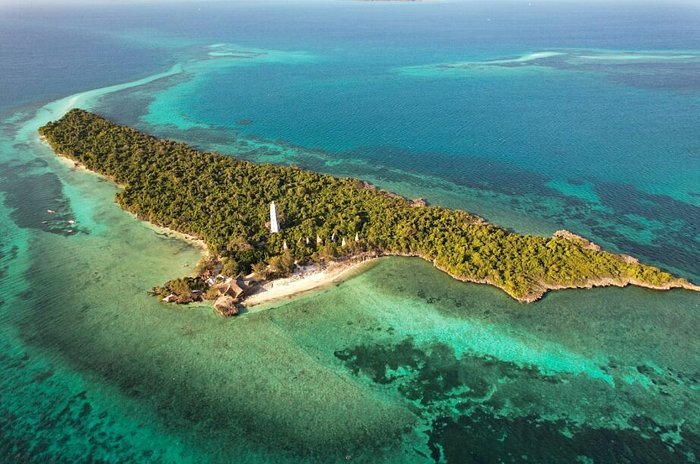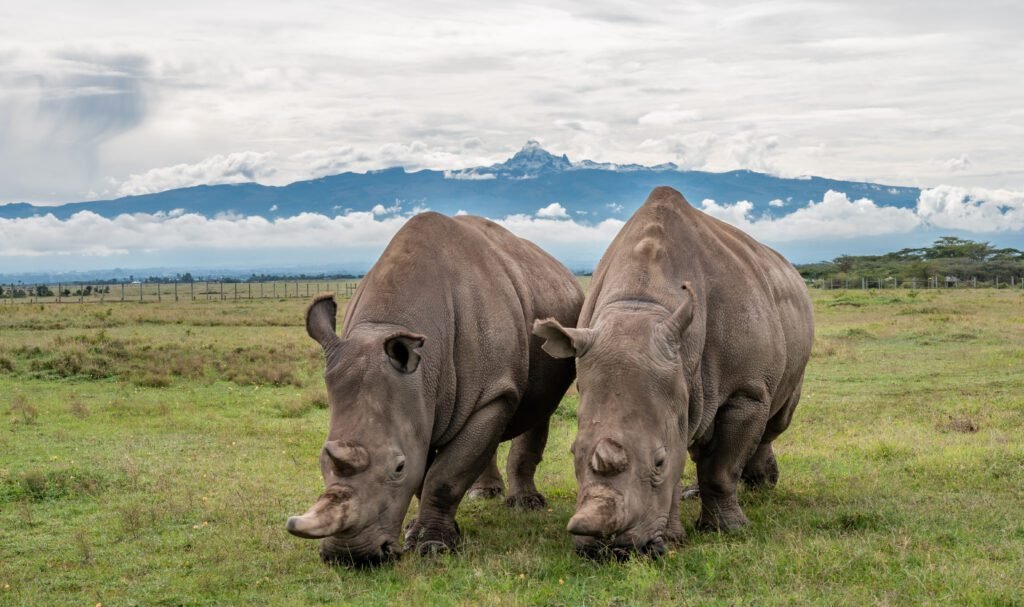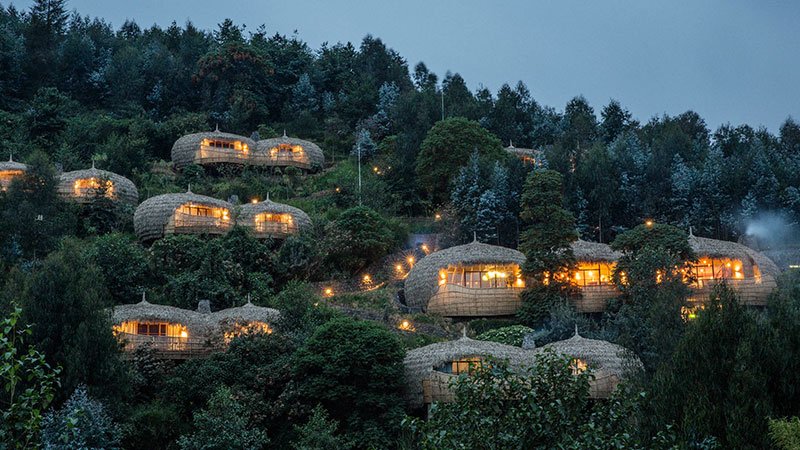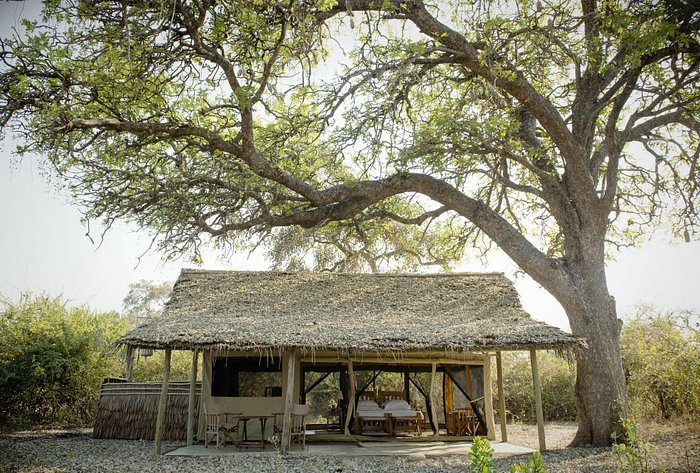As travelers become more aware of their environmental impact, ecofriendly safaris are gaining popularity. These sustainable travel options prioritize conservation, support local communities, and offer enriching experiences that protect wildlife and habitats.
1. Grootbos Private Nature Reserve, South Africa
Located near Cape Town, Grootbos is a model of sustainability and conservation. The reserve focuses on protecting the unique flora and fauna of the Cape Floral Kingdom. Guests can participate in guided nature walks, learn about conservation efforts, and enjoy luxurious ecolodges that use renewable energy sources. The reserve’s sustainable practices extend to its community projects, which support local education and job creation.


2. Chumbe Island Coral Park, Tanzania
Chumbe Island is a private nature reserve dedicated to the conservation of marine ecosystems. The park offers ecofriendly bungalows, built with sustainable materials and powered by solar energy. Activities include snorkeling in protected coral reefs, guided nature walks, and educational programs about marine conservation. The island’s efforts have created a haven for endangered species and provide an excellent example of sustainable tourism.
3. Ol Pejeta Conservancy, Kenya
Ol Pejeta Conservancy is a leader in wildlife conservation and community engagement. The conservancy is home to endangered species, including the last two northern white rhinos. Guests can stay in ecofriendly accommodations and participate in conservation activities, such as tracking rhinos and learning about antipoaching efforts. Ol Pejeta also supports local communities through education and healthcare programs, making it a truly sustainable safari destination.


4. Bisate Lodge, Rwanda
Bisate Lodge, located near Volcanoes National Park, offers a luxurious yet ecofriendly safari experience. The lodge focuses on reforestation and community development. Guests can visit the nearby gorilla habitat, participate in tree planting projects, and learn about local culture. Bisate’s commitment to sustainability extends to its design, which incorporates recycled materials and uses renewable energy.
5. Kigelia Ruaha, Tanzania
Kigelia Ruaha is an intimate camp located in Ruaha National Park. The camp is committed to lowimpact tourism, using solar power and ecofriendly materials. Guests can enjoy game drives, walking safaris, and bird watching, all while knowing their stay supports conservation efforts. Kigelia Ruaha works closely with local communities to promote sustainable practices and protect the park’s wildlife.

Ecofriendly safaris offer a way to explore the wonders of Africa while minimizing your environmental impact. These destinations combine luxury with sustainability, providing unforgettable experiences that support conservation and local communities.